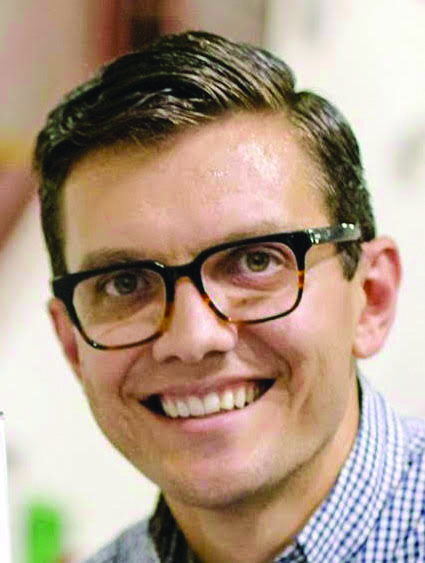This week marks six months since the insurrection at the United States Capitol building, the death of five people, the attempted assassination of the Vice President and members of Congress, and the first flying of the Confederate Battle Flag in our capitol building. It is still hard to believe that this happened here; riots incited by an ousted president once seemed so far removed from our nation and our pride in the peaceful transition of power.
While reflecting on this six-month milestone, I was struck by the words of an American Rabbi on an unrelated tragedy. This week on NPR’s Up First podcast, the lead story was the continuing rescue effort at the collapsed Champlain Towers condominiums in Surfside, FL. During the podcast, Rabbi Shalom Lipskar, of the Shul of Bal Harbour, was asked what his local synagogue was telling those directly affected by this catastrophe. He responded the only thing he can offer them is kindness, “because there’s nothing else that works under these circumstances—unadulterated, unquestionable kindness.” Rabbi Lipskar’s words brought to mind Rabbi Joseph Telushkin’s book, “Words that Hurt, Words that Heal” (Quill, 1996). In it, Rabbi Telushkin offers a thoughtful exploration of the immense power of words on our well-being, both collectively and as individuals, and our great responsibility to choose words wisely and well.
Insurrections do not just happen; they boil beneath the surface for years, until one day the fomented rage cannot be contained. There is not a simple answer to insurrections, attempted assassinations and domestic terror. And I do not mean to excuse severe wrongdoing with the idea that a few kind words would have reversed the course of history. The 400 (and growing) people charged with criminal activity at the capital should be held accountable. That said, I do wonder how our discourse might be words that hurt or words that heal in our time of violent division.
Dr. Richard Mouw offers a prescription in his “Uncommon Decency: Christian Civility in an Uncivil World” (Intervarsity, 1992). While I may disagree with some (or many) of Mouw’s theological and political convictions, I am wooed by his appeal to decency and his demonstrated value of civil interaction in a pluralist society.
Individually, we often feel powerless to stem the tide of national polarization and indecency; I wonder how we might grow as a community that practices unadulterated kindness and uses words that heal, as we practice uncommon decency. Will this lead to utopia? Likely not soon. Will we take a step down the road to a kinder, more just future? Let us pray that we will.
Rev. Robby Olson is a Presbyterian pastor in Watsonville.







